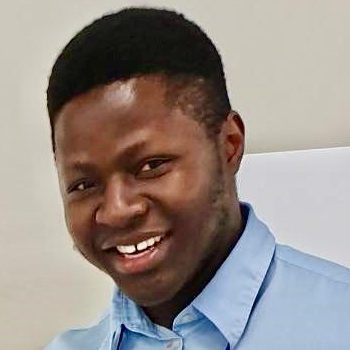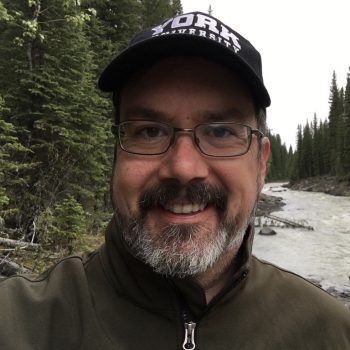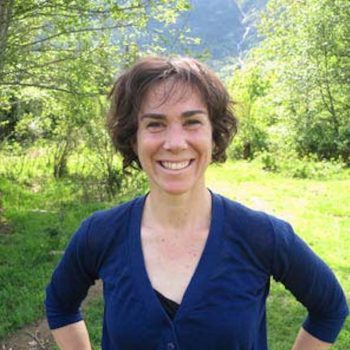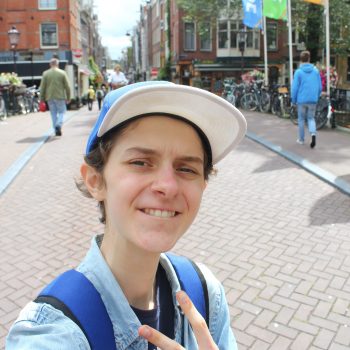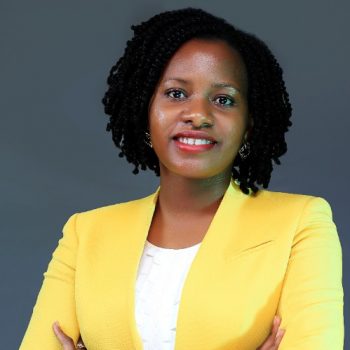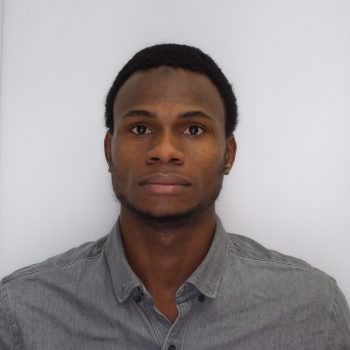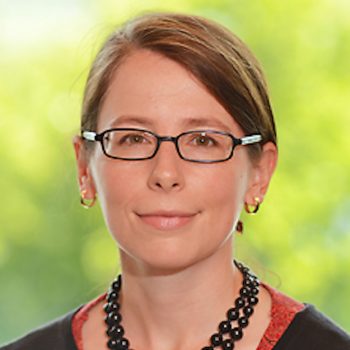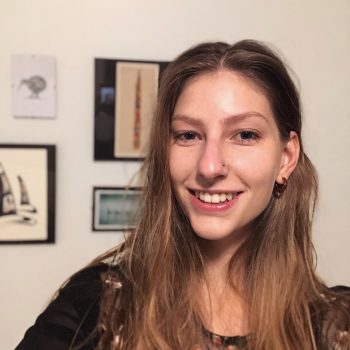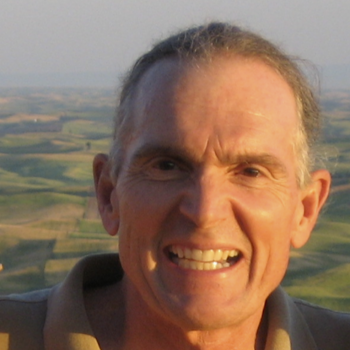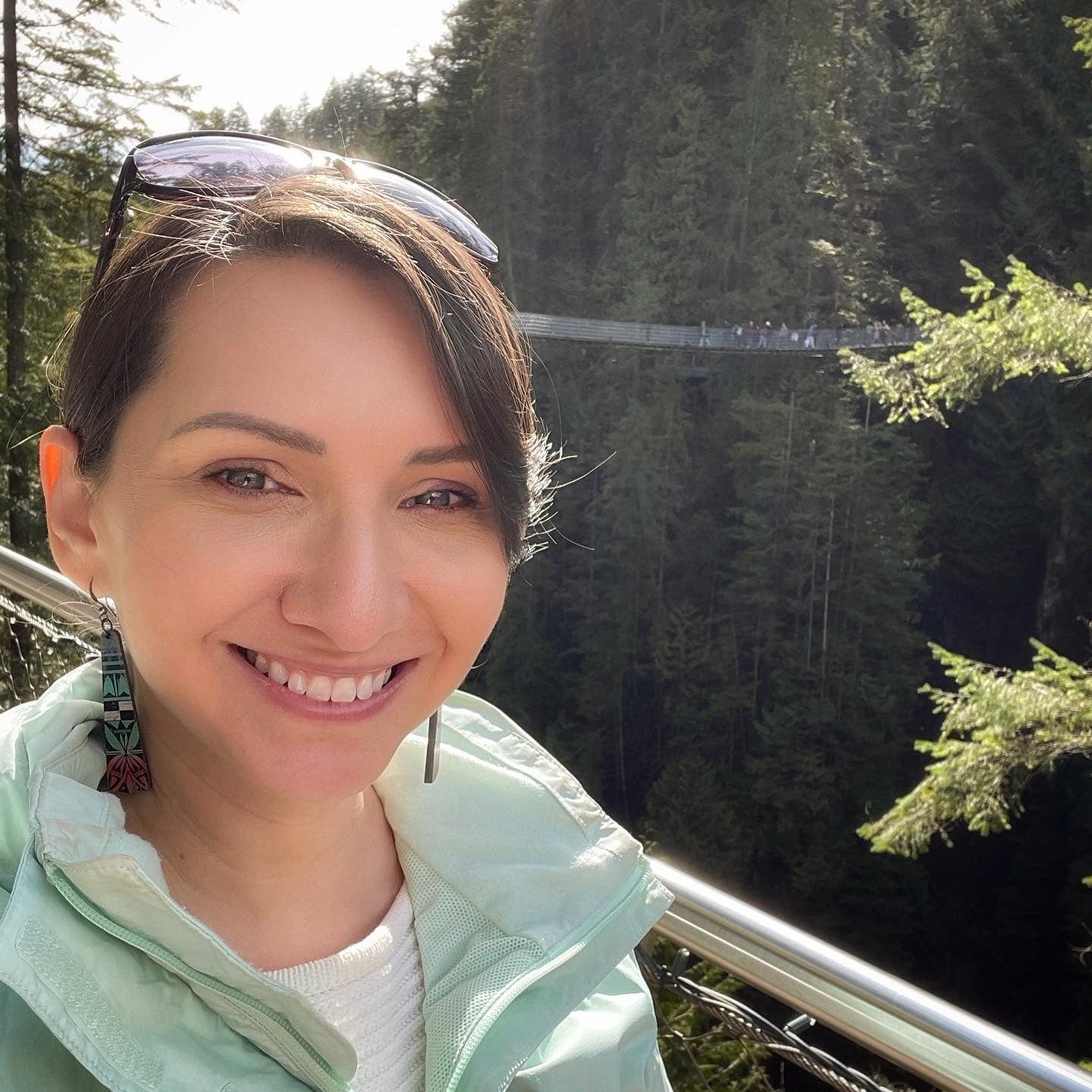Bio
Don Carruthers Den Hoed (he/him) is a Research Associate at the University of British Columbia where he leads the Canadian Parks Collective for Innovation and Leadership (CPCIL), a panCanadian parks and protected areas leadership and research network funded by the Canadian Parks Council (CPC) and Parks Canada, and delivered in collaboration with Mount Royal University Institute for Environmental Sustainability, York University Faculty of Environmental and Urban Change, Royal Roads University, and University of Moncton. The CPCIL project is a boundary-spanning initiative aimed at revealing, connecting, and transforming an inclusive community of park leaders, academics, and Indigenous knowledge-holders.
Don is an academic practitioner who combines his scholarly work with 26 years of experience in parks interpretation and education, public engagement, and land management based in the eastern slopes of the Canadian Rockies. He led the development of the Alberta Parks Inclusion Plan, chaired the CPC Youth Engagement Working Group, and managed two of Canada’s largest urban provincial parks (Fish Creek and Glenbow Ranch Provincial Parks).
Don’s scholarship focuses on connecting people with nature through parks and protected areas. He holds an MA in Education from University of Calgary focused on the inclusion of persons with disabilities in parks and protected areas and a PhD from University of Calgary in Interdisciplinary Studies that explores the effects of parks and sacred places on human health, wellbeing, and stewardship values. He just completed a Postdoctoral Fellowship in Environmental Sustainability at Mount Royal University and is an Adjunct Professor in the School of Nursing and Midwifery at Mount Royal University where he collaborates in work on the mental health effects of inclusive outdoor recreation on persons with disabilities and their caregivers, and on the role of nature on people at end-of-life. His current research focus is on knowledge mobilization in parks and protected areas, incorporating Indigenous cultural monitoring in species at risk management, and inclusion and accessibility in park organizations.
In addition to his work with CPCIL, Don collaborates with the Iyarhe Nakoda First Nations on Indigenous-led cultural monitoring projects related to grizzly bears and to the reintroduction of bison in Banff National Park. He is a case study lead for the SSHRC PDG “parks and knowledge mobilization” a Senior Researcher with the Conservation Through Reconciliation Partnership, a Network Investigator with the Canadian Mountain Network, and collaborator with the ParkSeek project to map population health impacts related to access to parks and recreation facilities throughout Canada.
Featured Publications
Lemieux, C., Halpenny, E.A., Swerdfager, T., He, M., Gould, J., Carruthers Den Hoed, D., Bueddefeld, J., Hvenegaard, G., Joubert, B., and Rollins, R., 2021. Free Fallin’? The Decline in Evidence-based Decision-making by Canada’s Protected Areas Managers. Manuscript submitted for publication.
Carruthers Den Hoed, D., Murphy, M.N., Halpenny, E.A., Mucha, D., 2020. Grizzly Bear Management in the Kananaskis Valley: Forty Years of Figuring It Out. Land
Jakubec, S.L., Carruthers Den Hoed, D., Ray, H., and Krishnamurthy, A. (2020). Grieving in nature: The place of parks and natural places in palliative and grief care. In Zywert, K., and Quilley, S. (Ed.), Health in the Anthropocene: Living well on a finite planet. Toronto: University of Toronto Press. ISBN: 978-1-4875-2414-2
Carruthers Den Hoed, D. (2018). Transforming park education as a transformed park educator. In Shapiro, B. (Ed.), Actions of their own to learn. Rotterdam: Brill Sense Publishers. ISBN: 978-94-6351-198-8
Jakubec, S.L., Carruthers Den Hoed, D., Ray, H., Krishnamurthy, A. (2016). Mental well-being and quality of life benefits of inclusion in nature for adults with disabilities and their caregivers. Journal of Landscape Research, 41(6), 616—627. DOI: 10.1080/01426397.2016.1197190
Jakubec, S.L., Carruthers Den Hoed, D., Ray, H. (2014). “I can reinvent myself out here”: Experiences of nature inclusion and mental wellbeing. In Altman, B. and Barnartt, S. (Eds.), Research in Social Science and Disability, Edition: Environmental Contexts and Disability, 8. Emerald Group Publishing Limited. DOI: 10.1108/S1479-354720140000008012
Lemieux, C., Halpenny, E.A., Swerdfager, T., He, M., Gould, J., Carruthers Den Hoed, D., Bueddefeld, J., Hvenegaard, G., Joubert, B., and Rollins, R., 2021. Free Fallin’? The Decline in Evidence-based Decision-making by Canada’s Protected Areas Managers. Manuscript submitted for publication.
Carruthers Den Hoed, D., Murphy, M.N., Halpenny, E.A., Mucha, D., 2020. Grizzly Bear Management in the Kananaskis Valley: Forty Years of Figuring It Out. Land
Jakubec, S.L., Carruthers Den Hoed, D., Ray, H., and Krishnamurthy, A. (2020). Grieving in nature: The place of parks and natural places in palliative and grief care. In Zywert, K., and Quilley, S. (Ed.), Health in the Anthropocene: Living well on a finite planet. Toronto: University of Toronto Press. ISBN: 978-1-4875-2414-2
Carruthers Den Hoed, D. (2018). Transforming park education as a transformed park educator. In Shapiro, B. (Ed.), Actions of their own to learn. Rotterdam: Brill Sense Publishers. ISBN: 978-94-6351-198-8
Jakubec, S.L., Carruthers Den Hoed, D., Ray, H., Krishnamurthy, A. (2016). Mental well-being and quality of life benefits of inclusion in nature for adults with disabilities and their caregivers. Journal of Landscape Research, 41(6), 616—627. DOI: 10.1080/01426397.2016.1197190
Jakubec, S.L., Carruthers Den Hoed, D., Ray, H. (2014). “I can reinvent myself out here”: Experiences of nature inclusion and mental wellbeing. In Altman, B. and Barnartt, S. (Eds.), Research in Social Science and Disability, Edition: Environmental Contexts and Disability, 8. Emerald Group Publishing Limited. DOI: 10.1108/S1479-354720140000008012
